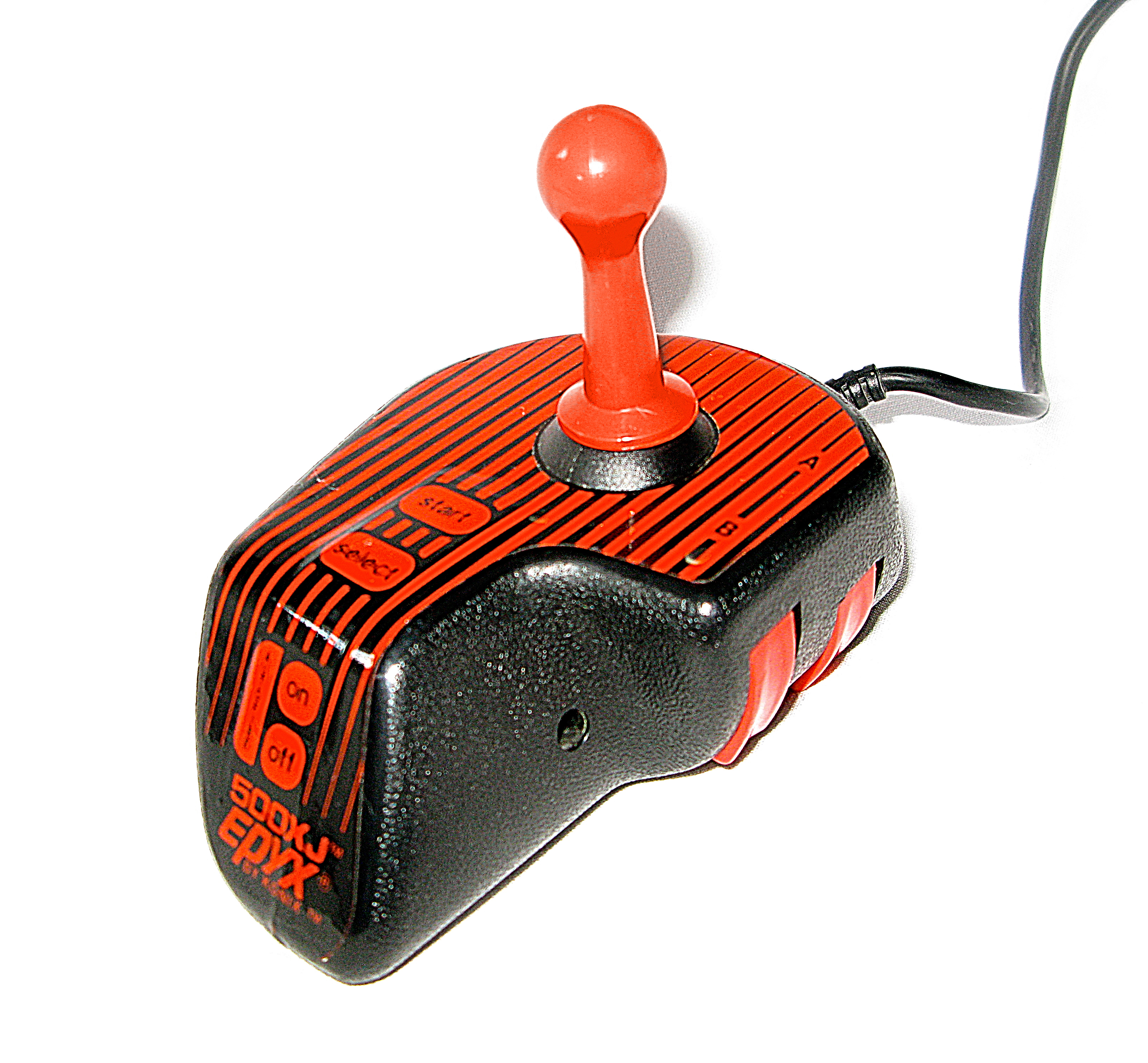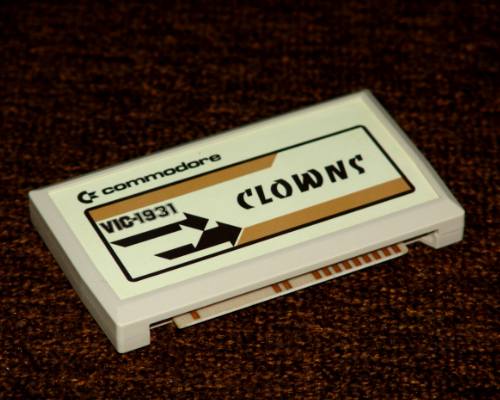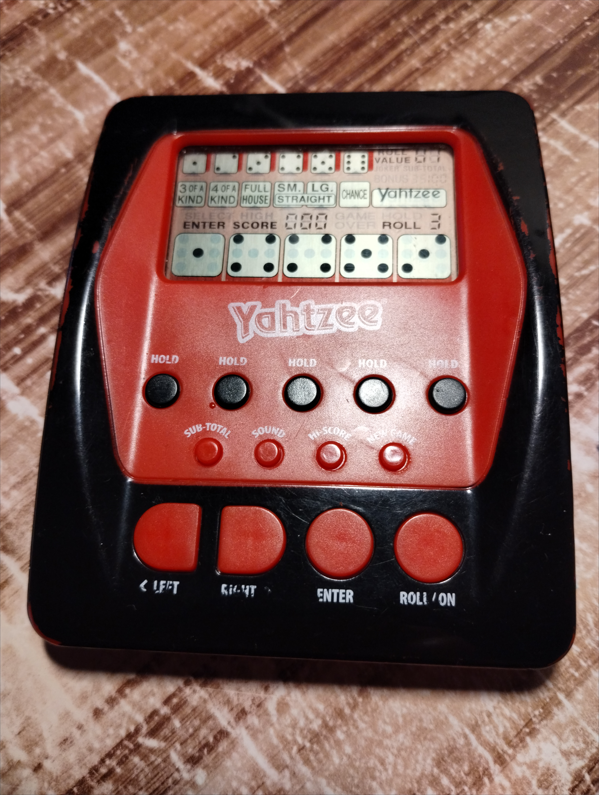|
Monster Maze
''Monster Maze'' is a first-person maze game written by Robert Schilling and published in 1982 by Epyx for the Atari 8-bit family and VIC-20. Gameplay ''Monster Maze'' is a game in which the player collects gold bars in a maze while being chased by monsters. The object is to collect as many gold bars as possible before losing all nine lives, while avoiding monsters that run around the maze. After clearing a maze, the player advances to a new, more difficult level. There are a 48 monsters scattered across the 16 levels and 48 vitamin pills that player can eat. When vitamin-charged, the player can chase a monster for a few steps and kill it. Reception Allen Doum reviewed the game for ''Computer Gaming World ''Computer Gaming World'' (CGW) was an American computer game magazine published between 1981 and 2006. One of the few magazines of the era to survive the video game crash of 1983, it was sold to Ziff Davis in 1993. It expanded greatly through ...'', and stated that "T ... [...More Info...] [...Related Items...] OR: [Wikipedia] [Google] [Baidu] |
Epyx
Epyx, Inc. was a video game developer and publisher active in the late 1970s and 1980s. The company was founded as Automated Simulations by Jim Connelley and Jon Freeman, originally using Epyx as a brand name for action-oriented games before renaming the company to match in 1983. Epyx published a long series of games through the 1980s. The company is currently owned by Bridgestone Multimedia Group Global. History Formation In 1977, Susan Lee-Merrow invited Jon Freeman to join a Dungeons & Dragons game hosted by Jim Connelley and Jeff Johnson. Connelley later purchased a Commodore PET computer to help with the bookkeeping involved in being a dungeon master, and came up with the idea of writing a computer game for the machine before the end of the year so he could write it off on his taxes. Freeman had written on gaming for several publications, and joined Connelley in the design of a new space-themed wargame. Starting work around August 1978, Freeman wrote the basic rules, missio ... [...More Info...] [...Related Items...] OR: [Wikipedia] [Google] [Baidu] |
Atari 8-bit Family
The Atari 8-bit family is a series of 8-bit home computers introduced by Atari, Inc. in 1979 as the Atari 400 and Atari 800. The series was successively upgraded to Atari 1200XL , Atari 600XL, Atari 800XL, Atari 65XE, Atari 130XE, Atari 800XE, and Atari XEGS, the last discontinued in 1992. They differ primarily in packaging, each based on the MOS Technology 6502 central processing unit, CPU at and the same custom coprocessor chips. As the first home computer architecture with coprocessors, it has graphics and sound more advanced than most contemporary machines. Video games were a major draw, and first-person space combat simulator ''Star Raiders'' is considered the platform's killer app. The plug-and-play peripherals use the Atari SIO serial bus, with one developer eventually also co-patenting USB. While using the same internal technology, the Atari 800 was sold as a high-end model, while the 400 was more affordable. The 400 has a pressure-sensitive, spillproof membrane keyboar ... [...More Info...] [...Related Items...] OR: [Wikipedia] [Google] [Baidu] |
VIC-20
The VIC-20 (known as the VC-20 in Germany and the VIC-1001 in Japan) is an 8-bit home computer that was sold by Commodore Business Machines. The VIC-20 was announced in 1980, roughly three years after Commodore's first personal computer, the PET. The VIC-20 was the first computer of any description to sell one million units. It was described as "one of the first anti-spectatorial, non-esoteric computers by design...no longer relegated to hobbyist/enthusiasts or those with money, the computer Commodore developed was the computer of the future." The VIC-20 was called ''VC-20'' in Germany because the pronunciation of ''VIC'' with a German accent sounds like the German expletives "fick" or "wichsen". The term ''VC'' was marketed as though it were an abbreviation of ''VolksComputer'' ("people's computer," similar to Volkswagen and Volksempfänger). History Origin and marketing The VIC-20 was intended to be more economical than the PET computer. It was equipped with 5 KB of st ... [...More Info...] [...Related Items...] OR: [Wikipedia] [Google] [Baidu] |
List Of Maze Video Games
Maze game is a video game genre description first used by journalists during the 1980s to describe any game in which the entire playing field is a maze. Quick player action is required to escape monsters, outrace an opponent, or navigate the maze within a time limit. After the release of Namco's ''Pac-Man'' in 1980, many maze games followed its conventions of completing a level by traversing all paths and a way of temporarily turning the tables on pursuers. Overhead-view maze games While the character in a maze would have a limited view, the player is able to see much or all of the maze. ''Maze chase games'' are a specific subset of the overheard perspective. They’re listed in a separate section. First-person maze games Maze chase games This subgenre is exemplified by Namco's ''Pac-Man'' (1980), where the goal is to clear a maze of dots while being pursued. ''Pac-Man'' spawned many sequels and clones which, in Japan, are often called "dot eat games". Other maze chases don ... [...More Info...] [...Related Items...] OR: [Wikipedia] [Google] [Baidu] |
Monster Maze Atari 8-bit Screenshot
A monster is a type of fictional creature found in horror, fantasy, science fiction, folklore, mythology and religion. Monsters are very often depicted as dangerous and aggressive with a strange, grotesque appearance that causes terror and fear. Monsters usually resemble bizarre, deformed, otherworldly and/or mutated animals or entirely unique creatures of varying sizes, but may also take a human form, such as mutants, ghosts and spirits, zombies or cannibals, among other things. They may or may not have supernatural powers, but are usually capable of killing or causing some form of destruction, threatening the social or moral order of the human world in the process. Animal monsters are outside the moral order, but sometimes have their origin in some human violation of the moral law (e.g. in the Greek myth, Minos does not sacrifice to Poseidon the white bull which the god sent him, so as punishment Poseidon makes Minos' wife, Pasiphaë, fall in love with the bull. She copula ... [...More Info...] [...Related Items...] OR: [Wikipedia] [Google] [Baidu] |
Computer Gaming World
''Computer Gaming World'' (CGW) was an American computer game magazine published between 1981 and 2006. One of the few magazines of the era to survive the video game crash of 1983, it was sold to Ziff Davis in 1993. It expanded greatly through the 1990s and became one of the largest dedicated video game magazines, reaching around 500 pages by 1997. In the early 2000s its circulation was about 300,000, only slightly behind the market leader ''PC Gamer''. But, like most magazines of the era, the rapid move of its advertising revenue to internet properties led to a decline in revenue. In 2006, Ziff announced it would be refocused as ''Games for Windows'', before moving it to solely online format, and then shutting down completely later the same year. History In 1979, Russell Sipe left the Southern Baptist Convention ministry. A fan of computer games, he realized in spring 1981 that no magazine was dedicated to computer games. Although Sipe had no publishing experience, he formed ... [...More Info...] [...Related Items...] OR: [Wikipedia] [Google] [Baidu] |
Electronic Fun With Computers & Games
''Electronic Fun with Computers & Games'' was a video game magazine published in the United States from November 1982 to May 1984. For the last two issues it was renamed ''ComputerFun''. Content The magazine was split up into the following sections: * Special Features * Regular Features * Equipment Reviews * Game Reviews * Departments Staff For several months, West Virginia Broadcasting Hall of Fame member Gary "Music" Miller was a game reviewer for EFWCAG. Legacy The cover art for the November 1983 issue was used as the album art for the 1984 album ''Night Lines'' by Dave Grusin Robert David "Dave" Grusin (born June 26, 1934) is an American composer, arranger, producer, jazz pianist, and band leader. He has composed many scores for feature films and television, and has won numerous awards for his soundtrack and record w .... External links archive.org- PDF magazine repository - PDF magazine repository Monthly magazines published in the United States Video game m ... [...More Info...] [...Related Items...] OR: [Wikipedia] [Google] [Baidu] |
Electronic Games
An electronic game is a game that uses electronics to create an interactive system with which a player can play. Video games are the most common form today, and for this reason the two terms are often used interchangeably. There are other common forms of electronic game including handheld electronic games, standalone systems (e.g. pinball, slot machines, or electro-mechanical arcade games), and exclusively non-visual products (e.g. audio games). Teletype games The earliest form of computer game to achieve any degree of mainstream use was the text-based Teletype game. Teletype games lack video display screens and instead present the game to the player by printing a series of characters on paper which the player reads as it emerges from the platen. Practically this means that each action taken will require a line of paper and thus a hard-copy record of the game remains after it has been played. This naturally tends to reduce the size of the gaming universe or alternatively to requi ... [...More Info...] [...Related Items...] OR: [Wikipedia] [Google] [Baidu] |
1982 Video Games
__NOTOC__ Year 198 (CXCVIII) was a common year starting on Sunday (link will display the full calendar) of the Julian calendar. At the time, it was known as the Year of the Consulship of Sergius and Gallus (or, less frequently, year 951 ''Ab urbe condita''). The denomination 198 for this year has been used since the early medieval period, when the Anno Domini calendar era became the prevalent method in Europe for naming years. Events By place Roman Empire *January 28 **Publius Septimius Geta, son of Septimius Severus, receives the title of Caesar. **Caracalla, son of Septimius Severus, is given the title of Augustus. China *Winter – Battle of Xiapi: The allied armies led by Cao Cao and Liu Bei defeat Lü Bu; afterward Cao Cao has him executed. By topic Religion * Marcus I succeeds Olympianus as Patriarch of Constantinople (until 211). Births * Lu Kai (or Jingfeng), Chinese official and general (d. 269) * Quan Cong, Chinese general and advisor (d. ... [...More Info...] [...Related Items...] OR: [Wikipedia] [Google] [Baidu] |
Atari 8-bit Family Games
Atari () is a brand name that has been owned by several entities since its inception in 1972. It is currently owned by French publisher Atari SA through a subsidiary named Atari Interactive. The original Atari, Inc., founded in Sunnyvale, California, in 1972 by Nolan Bushnell and Ted Dabney, was a pioneer in arcade games, home video game consoles and home computers. The company's products, such as ''Pong'' and the Atari 2600, helped define the electronic entertainment industry from the 1970s to the mid-1980s. In 1984, as a result of the video game crash of 1983, the home console and computer divisions of the original Atari Inc. were sold off, and the company was renamed Atari Games Inc. Atari Games received the rights to use the logo and brand name with appended text "Games" on arcade games, as well as the derivative coin-operated arcade rights to the original 1972–1984 arcade hardware properties. The Atari Consumer Electronics Division properties were in turn sold to Jack ... [...More Info...] [...Related Items...] OR: [Wikipedia] [Google] [Baidu] |
Epyx Games
Epyx, Inc. was a video game developer and publisher active in the late 1970s and 1980s. The company was founded as Automated Simulations by Jim Connelley and Jon Freeman, originally using Epyx as a brand name for action-oriented games before renaming the company to match in 1983. Epyx published a long series of games through the 1980s. The company is currently owned by Bridgestone Multimedia Group Global. History Formation In 1977, Susan Lee-Merrow invited Jon Freeman to join a Dungeons & Dragons game hosted by Jim Connelley and Jeff Johnson. Connelley later purchased a Commodore PET computer to help with the bookkeeping involved in being a dungeon master, and came up with the idea of writing a computer game for the machine before the end of the year so he could write it off on his taxes. Freeman had written on gaming for several publications, and joined Connelley in the design of a new space-themed wargame. Starting work around August 1978, Freeman wrote the basic rules, missio ... [...More Info...] [...Related Items...] OR: [Wikipedia] [Google] [Baidu] |
Maze Games
Maze game is a video game genre description first used by journalists during the 1980s to describe any game in which the entire playing field is a maze. Quick player action is required to escape monsters, outrace an opponent, or navigate the maze within a time limit. After the release of Namco's '' Pac-Man'' in 1980, many maze games followed its conventions of completing a level by traversing all paths and a way of temporarily turning the tables on pursuers. Overhead-view maze games While the character in a maze would have a limited view, the player is able to see much or all of the maze. ''Maze chase games'' are a specific subset of the overheard perspective. They’re listed in a separate section. First-person maze games Maze chase games This subgenre is exemplified by Namco's '' Pac-Man'' (1980), where the goal is to clear a maze of dots while being pursued. ''Pac-Man'' spawned many sequels and clones which, in Japan, are often called "dot eat games". Other maze chases ... [...More Info...] [...Related Items...] OR: [Wikipedia] [Google] [Baidu] |



.jpg)


